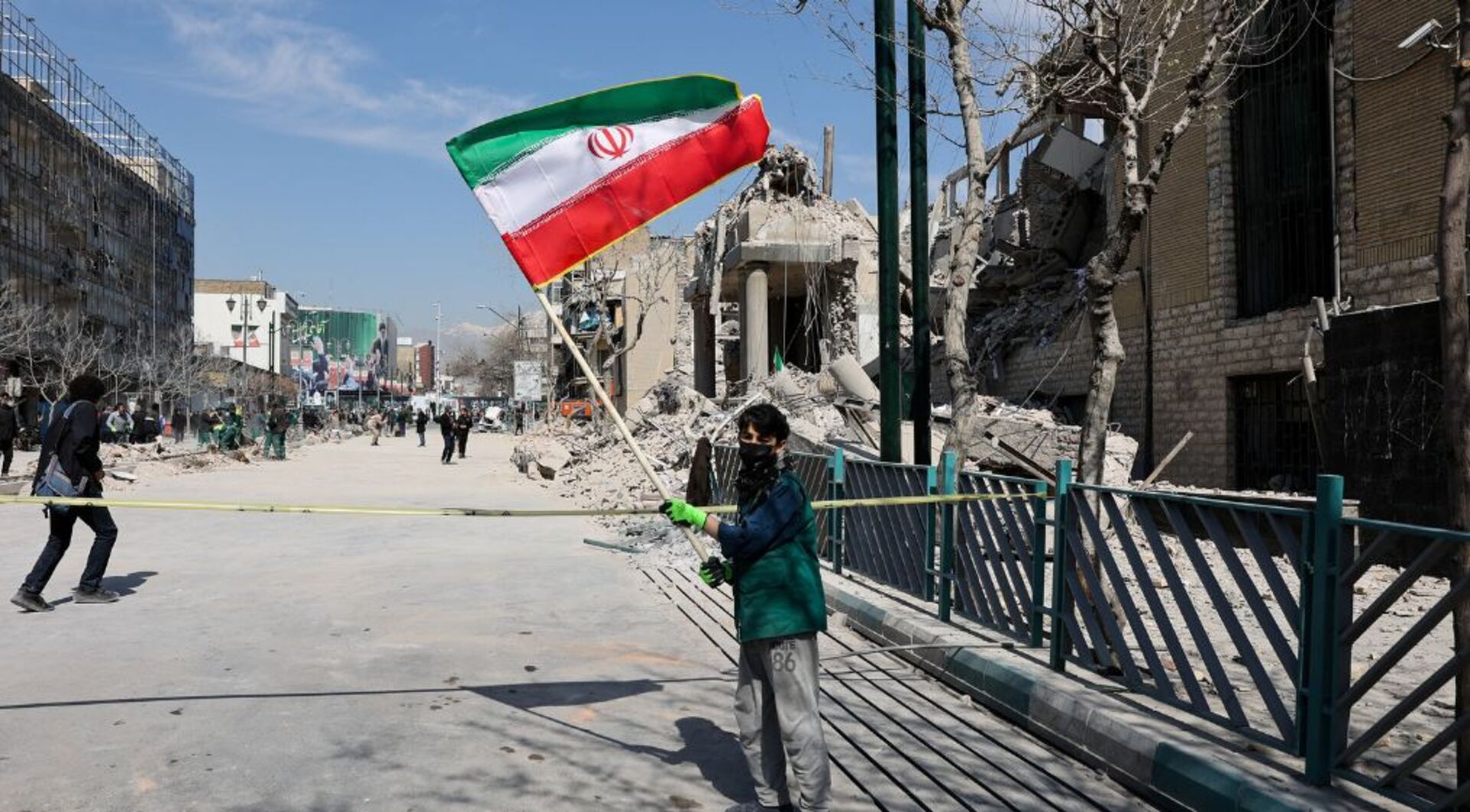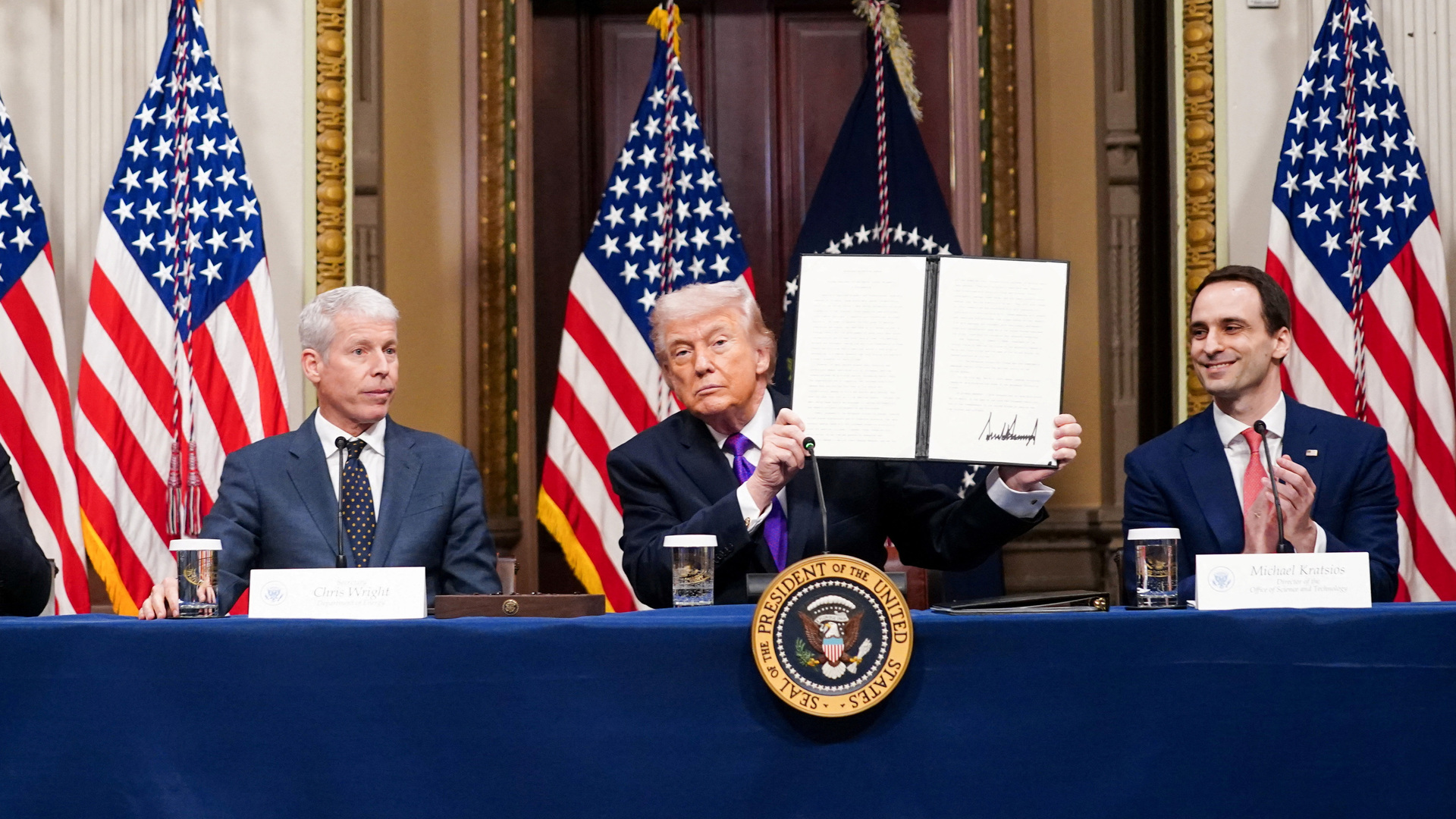To play this video you need to enable JavaScript in your browser.
- 106 Comments
Pep Guardiola’s Manchester City have blinked first in the Premier League title run-in as they stumbled to a draw against Nottingham Forest.
City led twice through Antoine Semenyo and Rodri against relegation-threatened Forest but failed to see out the game and now lie seven behind leaders Arsenal.
Guardiola’s men have a game in hand against Crystal Palace but this could be a gameweek where the momentum and belief swings in the direction of Mikel Arteta’s men.
City had 70% possession and 21 shots but their inability to hold on to a lead could prove crucial come May, as they have now dropped a whopping 13 points from winning positions this season.
“It is a lot but there are games that maybe we didn’t deserve it but today we played, in general, good for 90 minutes,” said Guardiola. “You have to stop transitions, long balls you have to defend but it’s not about this action or that action, in general the game was well played.
‘Arsenal don’t care – they won’
To play this video you need to enable JavaScript in your browser.
January signing Semenyo has hit his stride quickly at City and looked like being a difference-maker in the title race after his winner at Leeds United on Saturday.
Against Forest, he scored his seventh goal since arriving from Bournemouth to give City a 1-0 advantage at half-time.
But a familiar story then unfolded. The statistics show City have dropped off in the second half of matches – had games finished at half-time, Guardiola’s side would sit 13 points clear of Arsenal but instead find themselves seven points adrift.
Forest had twice fallen behind but managed to hit back through Morgan Gibbs-White’s superb instinctive backheel and Elliot Anderson’s stunning curling effort.
The reaction from the City players at full-time was telling, heads bowed and shoulders slumped in the knowledge that these were two crucial points dropped.
“I would like to concede fewer but it’s not about analysing one specific action,” said Guardiola. “I never point fingers at my players. We did everything.
“We had the chances at the end and in the first half and the momentum. But something always happens and we could not win.”
Arsenal kicked off at the same time as City on Wednesday and capitalised by scraping a 1-0 victory at Brighton.
“Arsenal can keep playing badly and winning all they like – it’s the others that are faltering,” former England goalkeeper Rob Green said on BBC Radio 5 Live.
Haaland incident ‘is a penalty’
To play this video you need to enable JavaScript in your browser.
Leading 2-1 in the second half, City’s star striker Erling Haaland ran through on goal and went down after contact with Nottingham Forest goalkeeper Matz Sels.
Referee Darren England did not award a penalty and video assistant referee Tony Harrington felt there was no need to overturn the decision.
It left City captain Bernardo Silva questioning the officials, telling TNT Sports: “We are used to this [happening] this season. All the 50-50s have gone against us.
“The Erling incident – for me it is a penalty. What can Erling do? This season we are used to it. We know how it works.
“Our job is to be better. These things we cannot control. What we can control is our own performances. That is what we must focus on.”
Guardiola was not getting drawn into a discussion on the incident, adding: “I spoke weeks ago about that subject.
“I always believe that we have to do it much better so the officials don’t intervene. It’s our responsibility to do it better, we don’t have to rely on them.
What information do we collect from this quiz?
Related topics
- Premier League
- Manchester City
- Football





